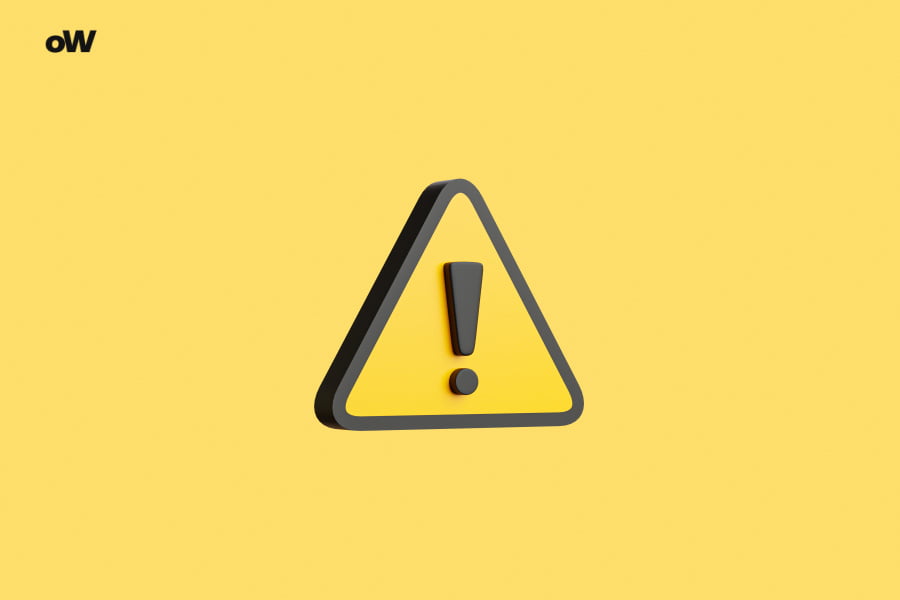Quiz: How Evil Am I?

“Good and evil are two sides of the same coin,” says ancient wisdom. But what if that coin is you yourself? The “How Evil Am I?” quiz will flip this coin and show which side predominates in you. Get ready for an amazing journey into the world of ethics, psychology, and possibly self-revelation.
What is Evil?
Evil is a concept as ancient as humanity itself. Philosophers, theologians, and scientists have tried for centuries to give it a precise definition, but no consensus has emerged. In a general sense, evil can be described as something that causes harm, suffering, or destruction. However, like many abstract concepts, evil has many shades and manifestations.
Levels of Evil
When talking about evil, it’s important to understand that it’s not binary. We can’t simply divide the world into “evil” and “good”. There’s a whole spectrum of evil manifestations, from minor misdeeds to monstrous crimes. Psychologists and criminologists distinguish several levels of evil:
- Everyday evil: minor violations of social norms, such as lying or petty theft.
- Selfish evil: actions committed for personal gain, but without intending to cause serious harm to others.
- Impulsive evil: acts committed in a fit of anger or other strong emotion.
- Deliberate evil: carefully planned actions aimed at harming others.
- Sadistic evil: deriving pleasure from the suffering of others.
Forms of Evil
Evil can take various forms, from physical violence to psychological manipulation. Some forms of evil are obvious, others are more subtle and imperceptible. Here are some of them:
- Physical evil: causing physical harm to others.
- Verbal evil: using words to humiliate, insult, or manipulate.
- Passive evil: inaction in situations where one could prevent the suffering of others.
- Structural evil: unfair systems and institutions that lead to oppression and inequality.
- Environmental evil: actions that harm the environment and future generations.

Why Know How Evil You Are?
At first glance, the idea of measuring your “evilness” might seem strange or even frightening. However, there are several good reasons why people might be interested in this:
- Self-knowledge: Understanding the dark aspects of your personality can help in personal growth and development.
- Prevention: Awareness of your negative inclinations allows you to better control them.
- Empathy: Understanding your own capacity for evil can make us more compassionate towards others.
- Moral reflection: By thinking about evil, we inevitably reflect on good and our ethical principles.
- Psychological release: Sometimes acknowledging your “dark” sides can be therapeutic.
What is the “How Evil Am I?” Quiz?
The “How Evil Am I?” quiz is an online test designed to playfully assess how “evil” a person can be. The test consists of a series of questions regarding hypothetical situations, personal preferences, and moral dilemmas.
Typical questions might include:
- “Would you lie to protect a friend?”
- “What would you do if you found a wallet with a large sum of money?”
- “Have you ever wished harm on another person?”
Based on the answers, the test generates an “evilness score,” often accompanied by a humorous description or comparison to famous villains from history or pop culture.
It’s important to note that such quizzes are not scientific psychological tests. They are created primarily for entertainment and cannot give an accurate assessment of a person’s personality or moral character.

Entertainment or Self-Discovery?
The “How Evil Am I?” quiz balances on the edge between frivolous entertainment and a tool for self-analysis. On one hand, the humorous approach and often absurd questions create an atmosphere of fun and games. On the other hand, some questions may make you think about your own values and behavior.
Don’t Take It Too Seriously
It’s important to remember that such quizzes should not be taken as serious personality diagnostics. The results are often exaggerated and stereotypical. No one can be unambiguously classified as “evil” or “good” based on a few multiple-choice questions.
Moreover, the concept of evil itself is complex and multifaceted. What is considered evil in one culture or situation may be neutral or even positive in another. Therefore, any attempt to quantitatively measure “evilness” will inevitably be an oversimplification.
Opportunities for Self-Analysis
Despite its entertaining nature, the “How Evil Am I?” quiz can become a starting point for deeper self-analysis. The test questions can make you think about your own moral principles, boundaries of acceptable behavior, and ethical dilemmas.
For example, the question “Would you break the law to help a close person?” can lead to reflections on the conflict between personal loyalty and civic duty. And the question “Have you ever rejoiced in the failures of others?” can make you think about the nature of envy and empathy.
Such reflections can be useful for personal growth and development of emotional intelligence. They help to better understand your motives, values, and reactions to various situations.
Furthermore, the quiz can become a reason for discussing ethical issues with friends or family. Comparing results and exchanging opinions about various scenarios can lead to interesting discussions about the nature of good and evil, moral relativity, and personal responsibility.

Conclusion
The “How Evil Am I?” quiz is an exciting journey into the world of ethics, psychology, and self-knowledge, disguised as light entertainment. Although the test results should not be taken too seriously, the process of taking the quiz itself can be educational and stimulating.
By thinking about the nature of evil and our attitude towards it, we inevitably turn to questions about good, justice, and our role in the world. This can lead to a deeper understanding of ourselves and others, as well as a desire to be better.
Ultimately, it’s important to remember that the true value of such tests lies not in the “result” obtained, but in the thoughts and feelings they awaken. Regardless of what level of “evilness” the quiz shows, each of us has the potential for both good and evil. Our task is to be aware of this potential and make a conscious choice in favor of good in our daily lives.
Questions Overview
- I'll make them buy me a whole set
- I'll wait for the perfect moment for revenge
- I'll immediately break something of theirs
- I'll scare them but then say it's okay
- Save it for future leverage
- Sell it to the highest bidder
- Reveal it at the most inappropriate moment
- Hint that I know it but never reveal
- I'll weave a web of intrigues to become their right hand
- I'll gather compromising information just in case
- I'll sabotage everything to show their incompetence
- I'll create a harmless prank to test their sense of humor
- Subtly turn all guests against each other
- 'Accidentally' reveal the birthday person's unpleasant surprise
- Set off the fire alarm at the peak of fun
- Switch their gift with something funny
- Arrange for them to not get served
- Secretly spoil their purchase
- Create a loud scandal with an unpredictable ending
- Let them go first, but with a catch
- Destroy all their social connections
- Wait until they're most vulnerable
- Destroy everything they hold dear
- Make them realize their mistake themselves
- Convince the waiter to spoil their evening
- Reveal their unsavory secrets
- Create an unexpected public scene
- Organize a series of funny 'accidents'
- Create problems through other people
- Delete or corrupt part of their work
- Cause technical issues at the last moment
- Distract them with fun but time-consuming things
- Turn the whole building against them
- Find a way to force them to move out
- Make their life unbearable
- Set up a harmless but effective prank
- Launch a complex chain of rumors
- Find their weakness and strike there
- Create a public scandal
- Organize a series of minor embarrassments
- Turn the team against the leader
- Hide critically important information
- Make chaotic changes before submission
- Add funny but interfering details
- Arrange problems with their booking
- Set up troubles on their most important day
- Create complete chaos with their documents
- Arrange a series of minor inconveniences
- Subtly turn parties against each other
- Reveal disadvantageous information at a key moment
- Create an unsolvable conflict
- Introduce an element of absurdity into the discussion
- Provide false recommendations
- Send compromising information to the employer
- Create a provocation right before the meeting
- Arrange a harmless but embarrassing moment
- Plant doubts in both partners' minds
- Wait for the moment to deliver the decisive blow
- Create an insurmountable conflict
- Organize a chain of minor misunderstandings
- Make others doubt their achievements
- Find a way to devalue their result
- Turn their triumph into a disaster
- Add a spoonful of tar to their honey
- Create an impression of incompetence
- Arrange a professional failure
- Create a public conflict with management
- Organize a harmless but memorable mishap





